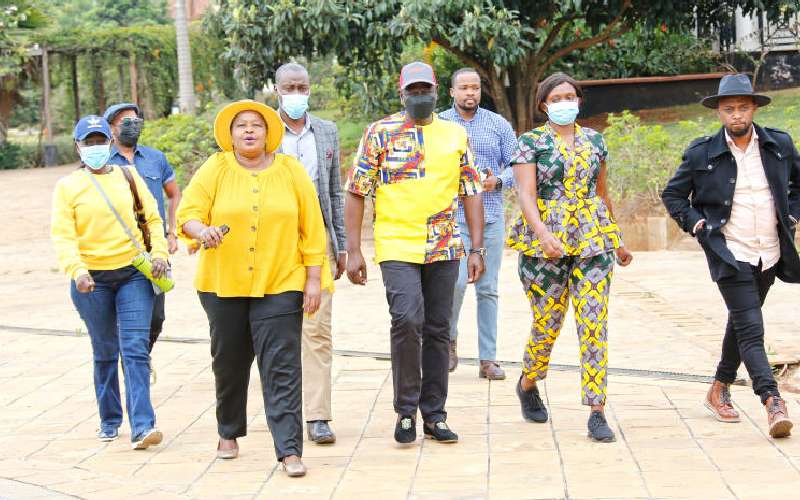×
The Standard e-Paper
Home To Bold Columnists

Deputy President William Ruto during a meeting with small-scale traders from Nairobi County, Karen residence. [DPPS,Standard]
Members of Parliament are plotting to bring back the Building Bridges Initiate (BBI) proposal to expand the Executive.